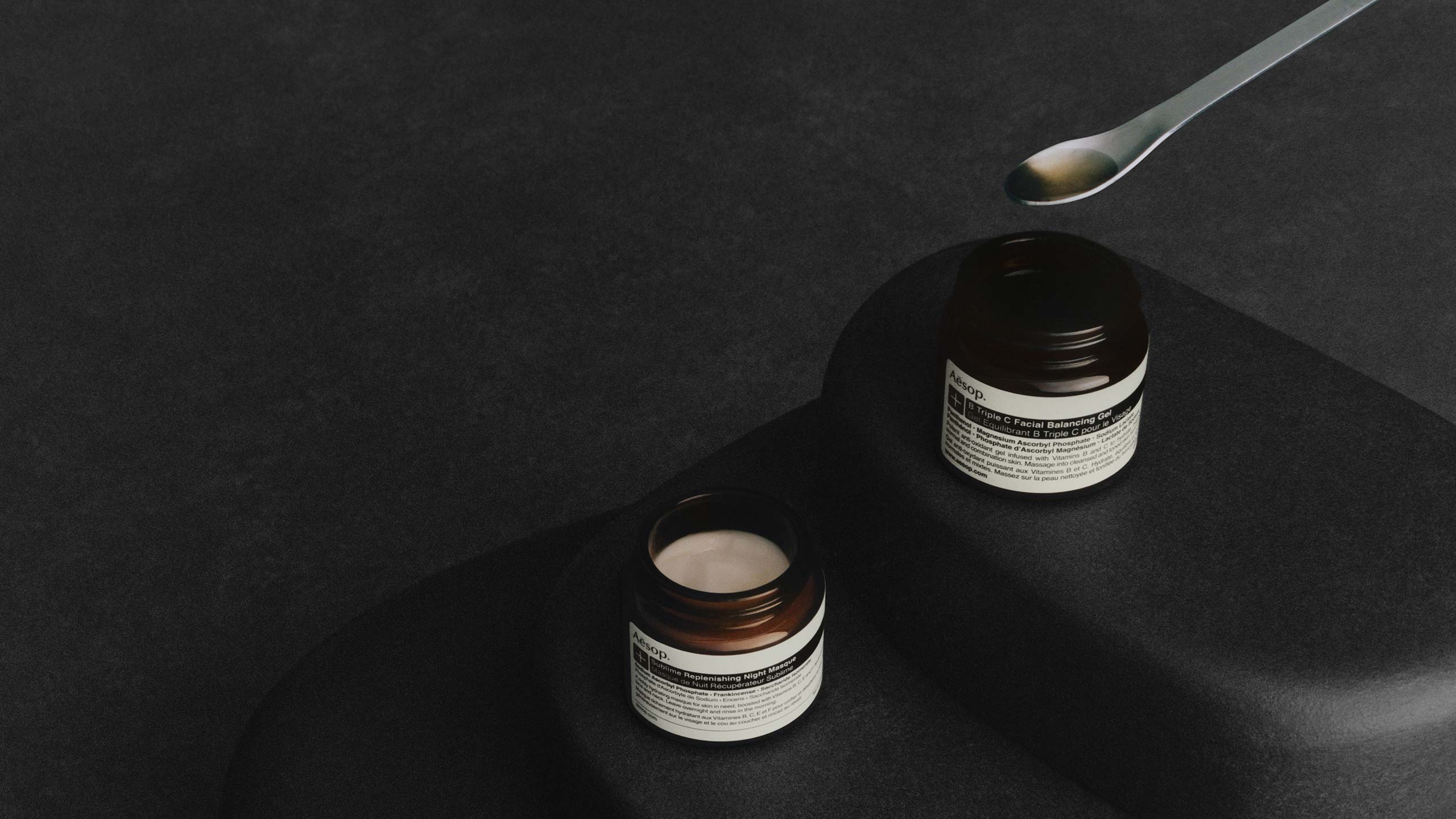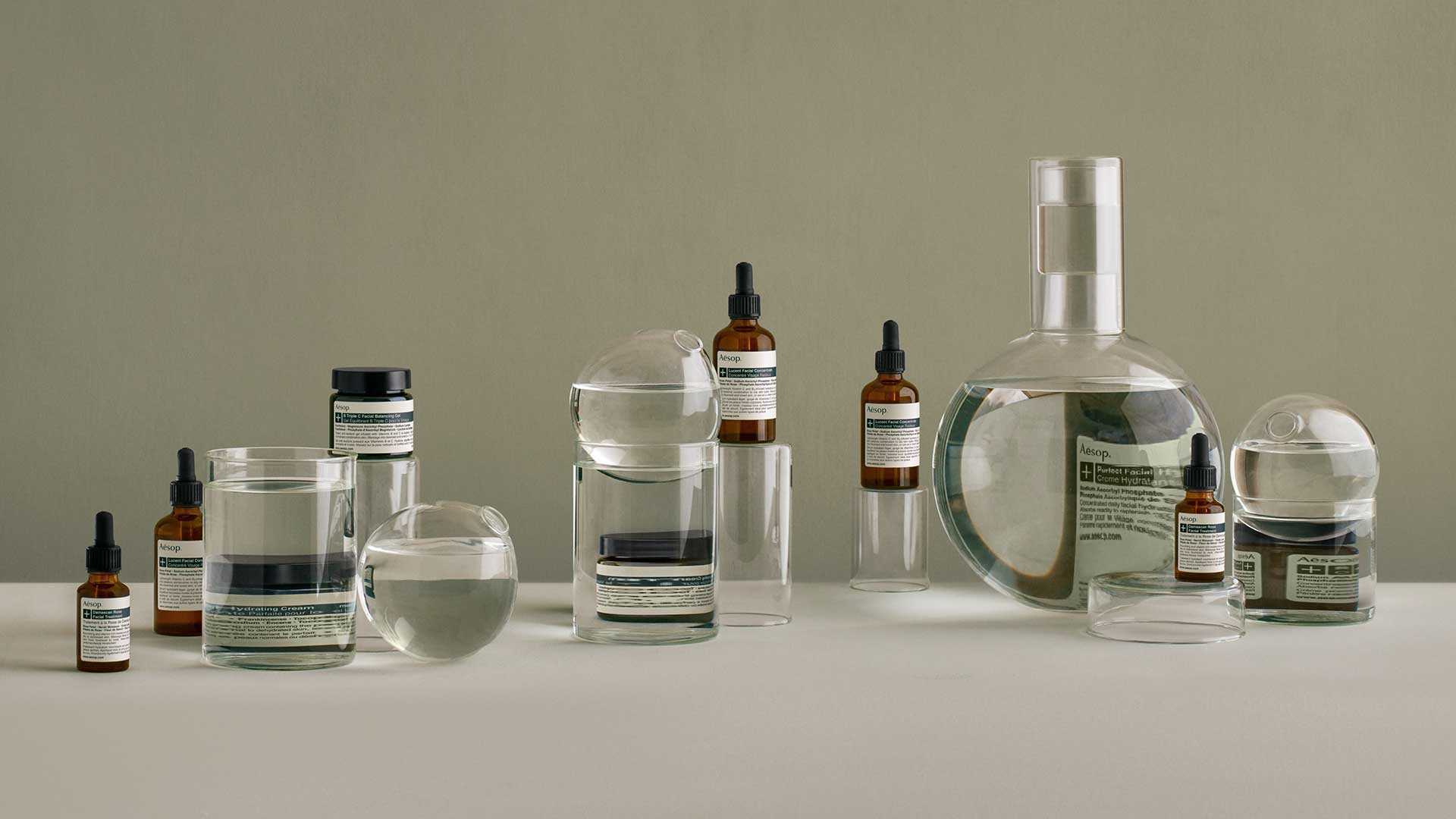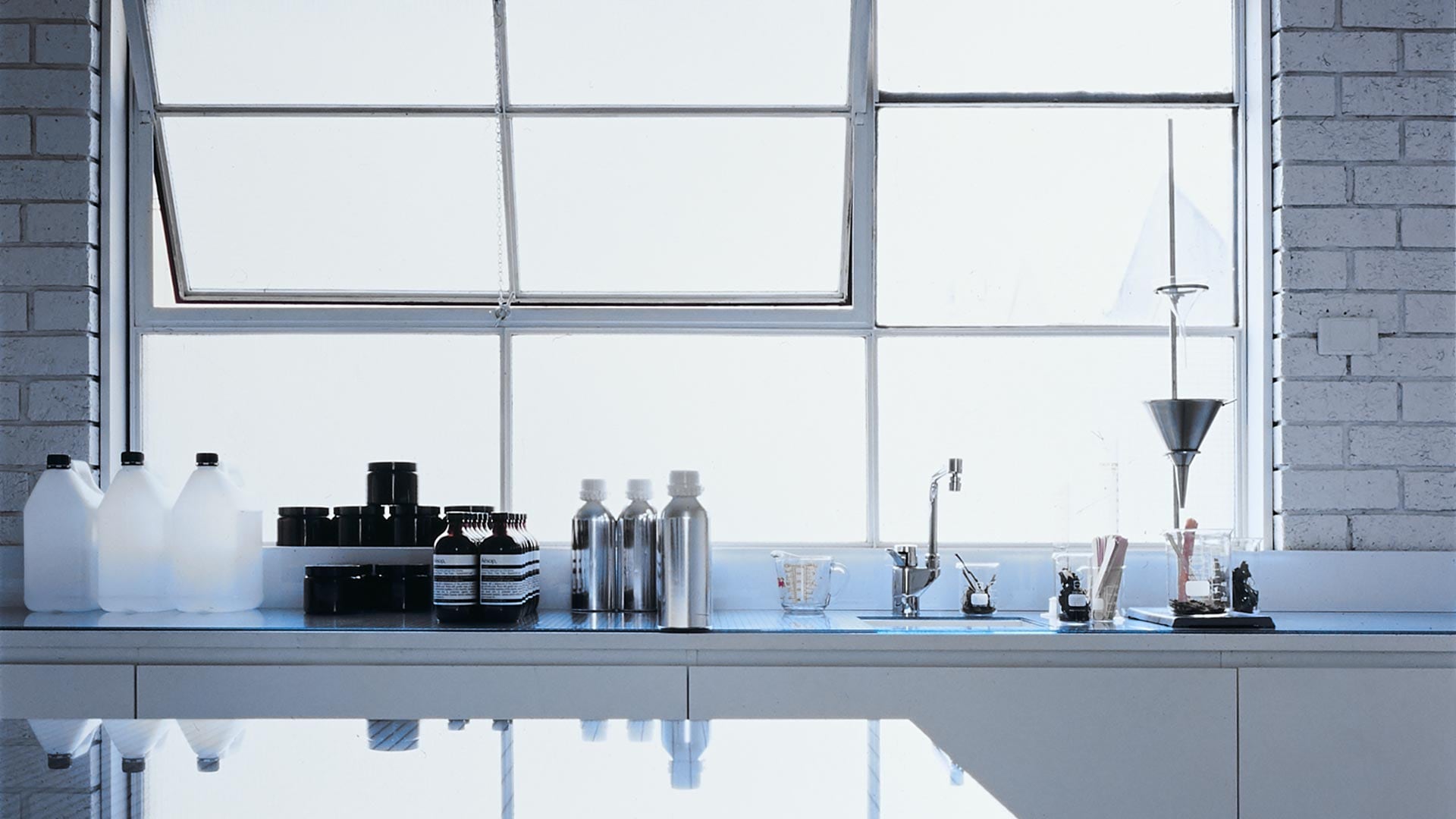In our in-house lab, where new product development takes place, we use a blend of botanical and laboratory-made elements to create formulations, which are then refined and enhanced through rigorous testing. There are no rigid criteria for what constitutes an ‘Aesop’ ingredient, and we don’t play favourites. But there are names that make frequent appearances on our labels—ingredients distinguished by their efficacy and the benefits they deliver to the skin and hair.
In our Under the microscope series, we take a closer look at some of the ingredients that we’ve returned to time and again, beginning with one of the most recognisable: Vitamin C.







